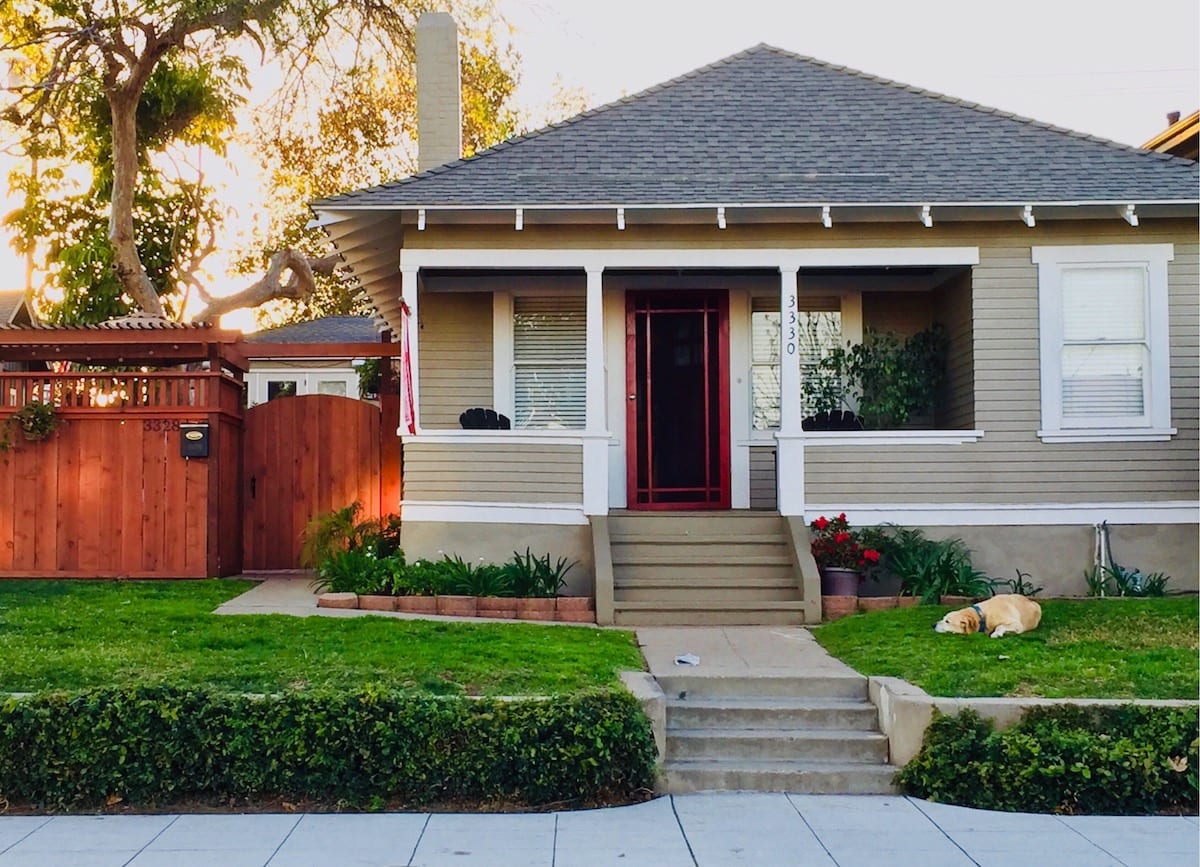
14 Feb Gas or electric: Which type of heating and cooling system is best for your home?
Gas and electric provide different benefits for heating and cooling
Buying a new heating and cooling system can be confusing.
On top of which brand or system to pick and who you want to install it, you have to decide whether you want a gas or electric system. Both are attractive, but you should consider cost, efficiency, and durability when you decide.
Which is better a heat pump or furnace?
First you need to settle on a heat pump or a furnace.
According to the Tennessee Valley Authority, heat pumps are ideal for the Tennessee climate. In the winter, they add warmth from the air to keep you warm; in the summer, they remove heat from the air to keep you cool.
And they do it all in the most energy efficient way possible, saving you money year-round.
There are three types of heat pumps: air-source, dual-fuel and geothermal.
Air-source heat pumps are the most common type. They work solely by exchanging hot air for cool air to heat your home in the winter and cool it in the summer.
As the name suggests, a dual-fuel heat pump has two sources of energy, electric and gas. By using an electric heat pump and a gas furnace, a dual-fuel heat pump offers the maximum efficiency during typical Southeastern winter weather with its boost of gas heat when the temperature falls below freezing.
If you’re looking for the most energy-efficient way to heat (and cool) your home, then geothermal is the way.
A geothermal heat pump uses the constant temperature of the earth to warm and cool your home regardless of the highs and lows of outdoor air.
Which is better gas or electric HVAC?
There are arguments both for and against both types of HVAC units.
Electric units tend to be quieter than the gas variety. They also last longer with a lifespan of 20-30 years, compared to 10-20 years for natural gas. Installation causes the least amount of disturbance if your house doesn’t have access to gas. Electric units are also easier to maintain.
On the other hand, because electric systems create their own heat, they are more expensive to run and can raise electric bills significantly during cold snaps. In most cases, electricity is more expensive than natural gas in general, meaning electric units have a higher lifetime operating cost.
Gas heat pumps warm faster and more efficient during colder weather. They also cost more than electric heat pumps, but the affordability of natural gas can help you save money in the long run.
But if you use a natural gas heat pump, you’ll need to install a carbon monoxide detector in your home. They also require more maintenance to protect against carbon monoxide poisoning.

